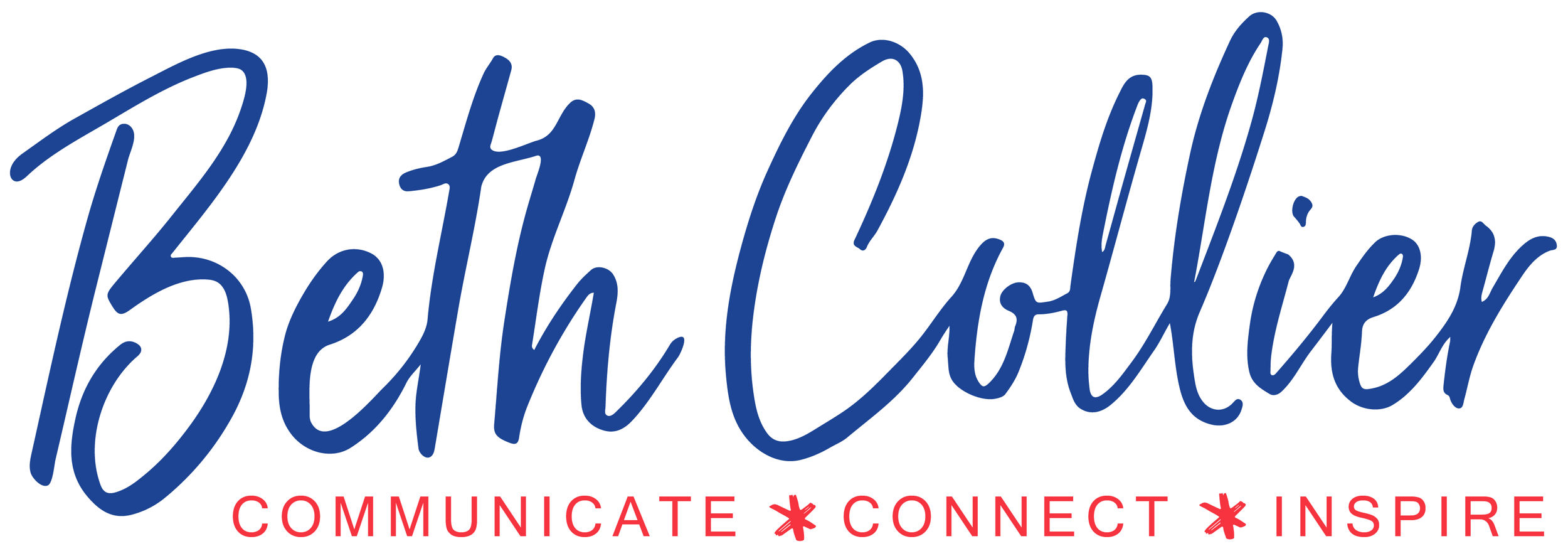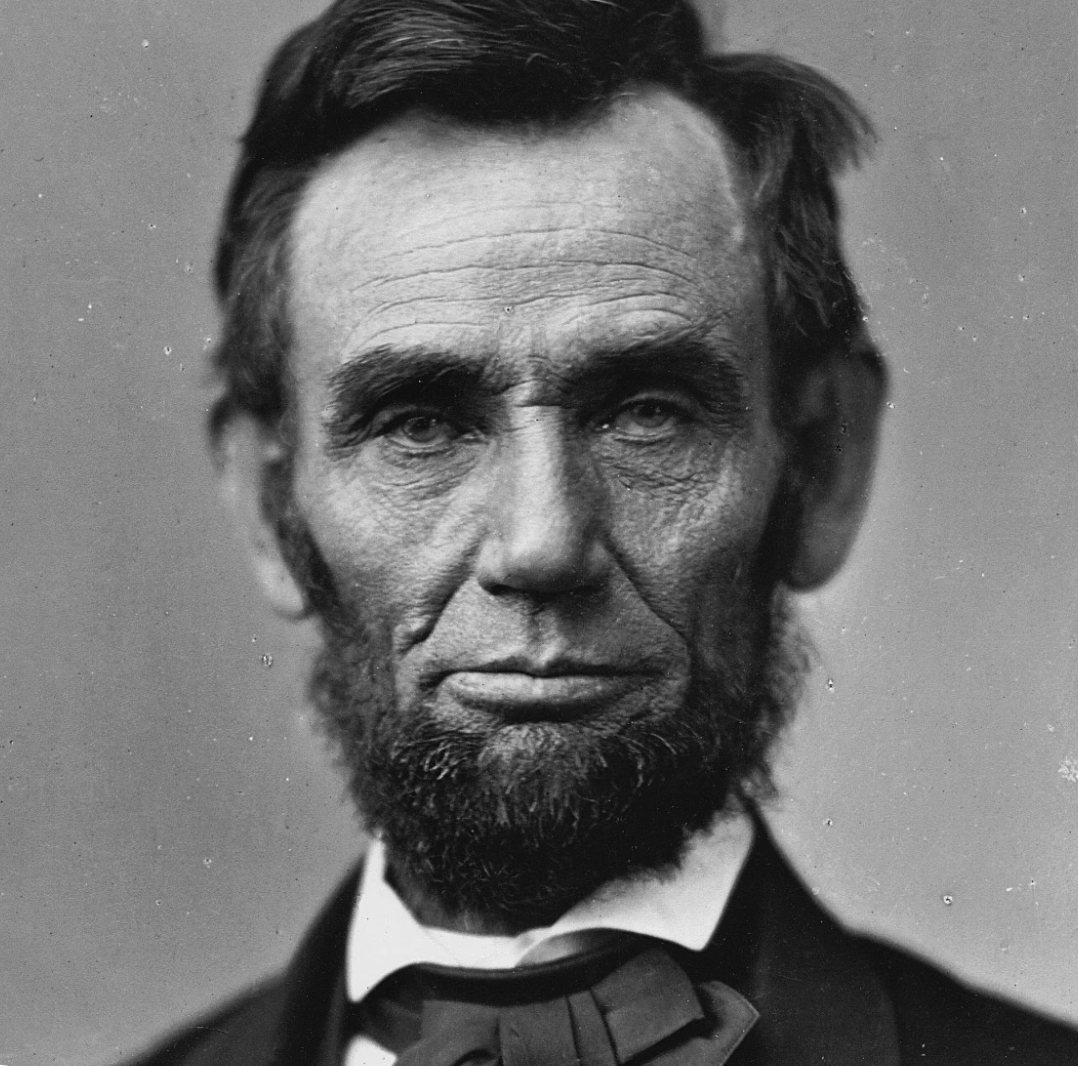The ONE thing that matters most when you’re giving a speech
Several years ago, while planning a trip to Amsterdam, I booked dinner at one of the top-rated restaurants in the city.
It was one of those “it” places — cool and hip, with stylish decor and a creative chef.
Our experience was off to a great start, but when my main course arrived, I couldn’t believe what was on the plate in front of me.
The fish I had ordered was covered with a mountain of red peppers.
And I hate red peppers.
I had no idea the fish came with peppers, as it wasn’t mentioned on the menu, and I quickly knocked them off in the hope that my fish could be salvaged.
But my efforts were in vain.
The smell and flavor of peppers had seeped into the fish.
I left the hip, cool restaurant hungry – and stopped at one of Amsterdam’s less-sophisticated restaurants for a cheeseburger on my way back to the hotel.
You won’t find this in the top-rated restaurants of Amsterdam…
Our fancy dinner was a bust.
The decor, the service, the reputation of the place – it was all secondary.
It was the food that really mattered.
What red peppers have to do with public speaking
And when it comes to public speaking, the way you move about the stage, your tone of voice, your eye contact with the audience — that’s all helpful.
But it’s secondary.
It’s your content that matters most.
That’s why I was disappointed when I saw a recent article in The Wall Street Journal that included a quote saying:
“Content accounts for just 11% of whether someone is an effective speaker.”
The quote was attributed to Noah Zandan, who runs a software company called Quantified.
I was immediately curious when I read this, given that I’ve worked in communication for 20 years. A large part of my work today involves helping people become more confident and compelling speakers, and it’s something I care deeply about.
But also, I wanted to know more about the “surveys” they conducted —who they interviewed and what specifically they were measuring.
And how did they define an “effective” speaker?
I reached out to both Zandan and the author of the WSJ article, asking for more information. The author kindly responded, and suggested I contact Zandan for more details. I have not yet received a response from Zandan, or been able to track down any details of his '“surveys” online.
But let me share why that comment concerns me – and why I disagree with it.
Think of the greatest examples of speeches from history.
Three instantly came to my mind.
The first is the speech Martin Luther King, Jr. made on August 28, 1963.
Compelling speaker, compelling content
You may not remember the details of how he delivered the speech, but you probably remember the dream he described that day.
King’s speech opened with a throwback to another famous speech, Abraham Lincoln’s Gettysburg Address.
No one is alive to tell us what it was like watching Lincoln deliver that speech on November 19, 1863.
We don’t know if he used dramatic pauses or changed his volume as he spoke.
But more than 150 years later, we still talk about his words.
We remember the opening, “Four score and seven years ago” and the closing “that government of the people, by the people, for the people, shall not perish from the earth.”
The content was so strong that the Gettysburg Address is still considered one of the most important speeches of all time.
And Lincoln wasn’t even the main speaker that day.
The third important speech I thought of was the one British Prime Minister Winston Churchill gave on June 4, 1940.
People still quote the lines from his “We Shall Fight on the Beaches” speech, when he conveyed that Great Britain would never surrender during World War II.
We remember when Ronald Reagan said, “Mr. Gorbachav, tear down this wall” in Berlin.
We remember when John F. Kennedy told Americans, “Ask not what your country can do for you, ask what you can do for your country.”
We remember when Michelle Obama said, “When they go low, we go high.”
We remember their words because that is what happens when you have powerful content.
These were all well-prepared speakers, and their presentation mattered.
But their words – their content – is worth so much more than 11 percent.
Recently, I was approached at an event by someone who attended a workshop I ran several years ago.
The first thing she said to me was how much she enjoyed my creativity workshop.
But she didn’t comment on my stage presence, my use of eye contact, or how dramatic my pauses were that day.
The first thing she complimented me on was my content.
Because it was memorable.
And when your content is good, people will remember it, too.
**And if you want to argue with me about data, I will remind you that the data on NFL Quarterback Tom Brady taken from the 2000 NFL Combine did not suggest he would lead his team to seven Super Bowl victories, and become one of (if not THE) greatest quarterback of all time.
As one scout noted that day, Brady was “Awful. He’s not even on my board. Weak. He’ll make somebody a good husband or a good medical salesman.”
***********************************************************
Beth Collier loves writing, pop culture, and meals that don’t involve red peppers.
She also loves helping companies, leaders, and teams improve their communication (and creativity and leadership) through consulting, coaching, and workshops.
Her clients benefit from Beth’s global corporate experience, Midwestern practicality and enthusiasm, and an endless supply of pop culture references.
To find out how Beth can help you become a more confident, creative, and compelling leader – or improve communication in your company – visit www.beth-collier.com or drop her a line at beth@beth-collier.com








